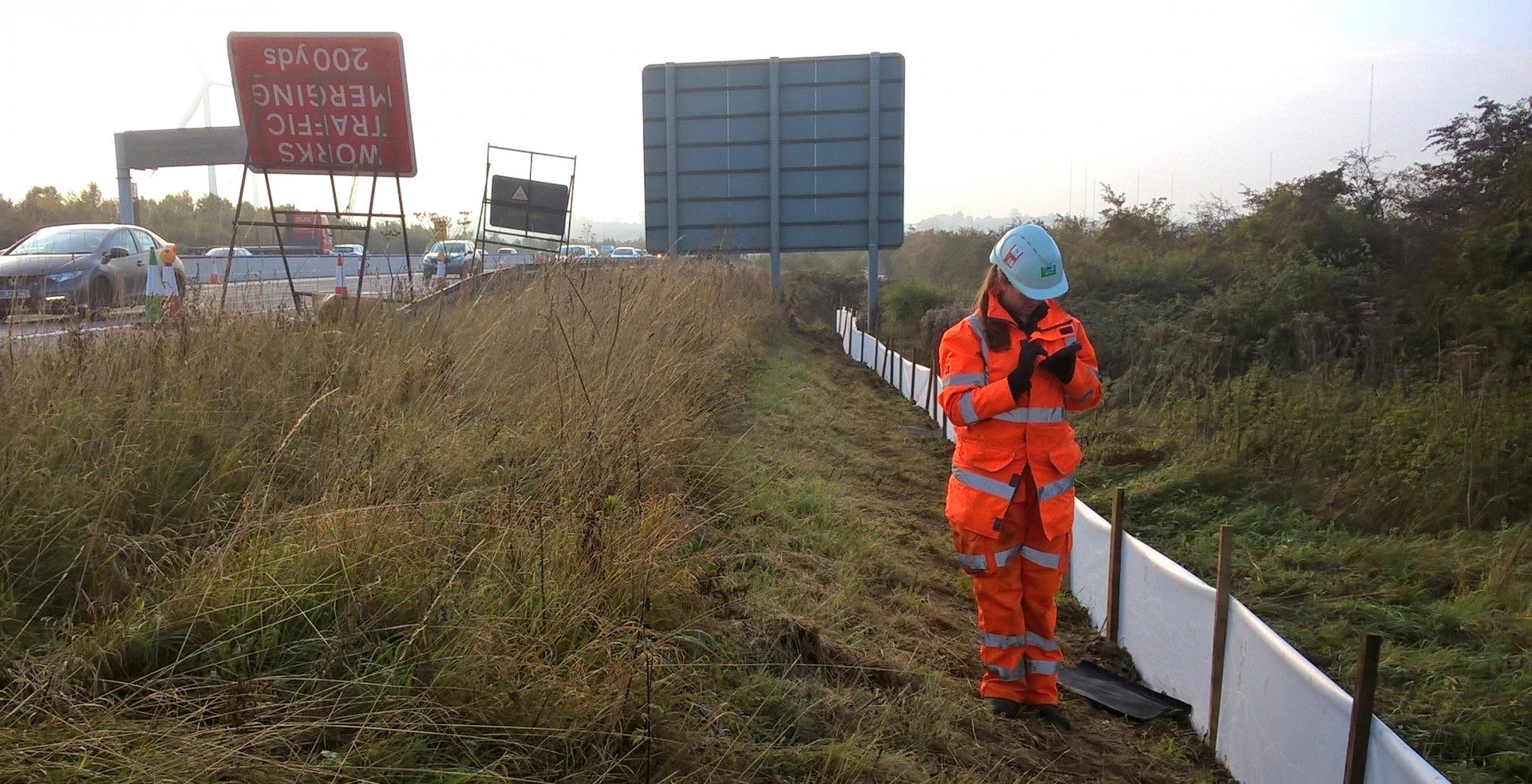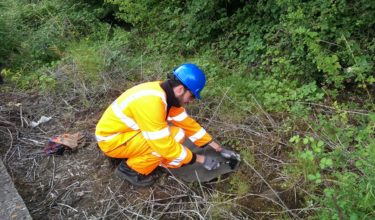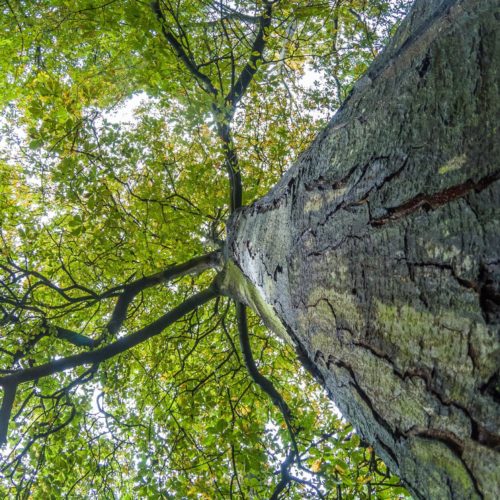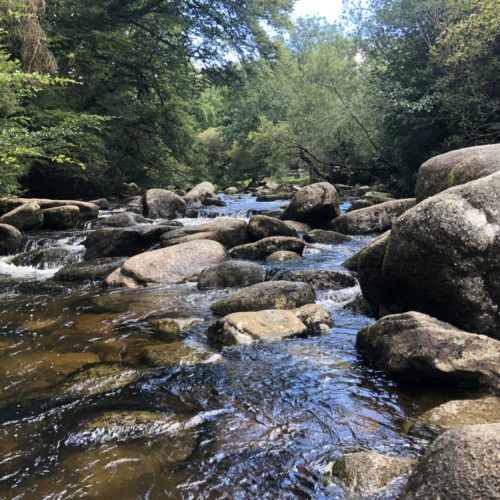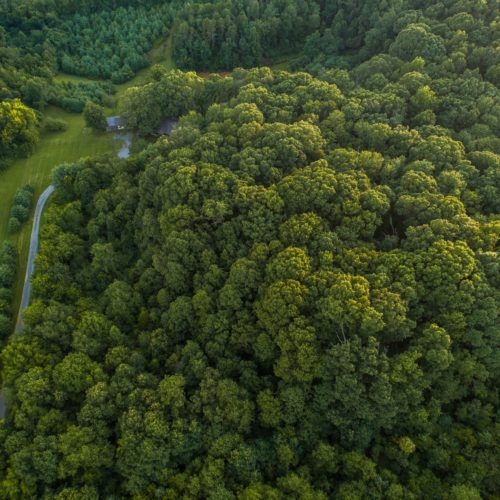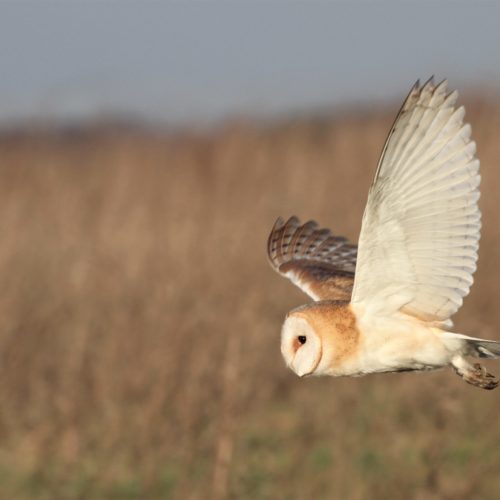As specialist environmental consultants, we conduct all types of ecological surveys and assessments to support client planning applications.
Our ecological surveyors have a wealth of experience when it comes to advising on and conducting ecological surveys for projects in the UK. With over 15 years’ experience delivering advice you can trust, you can rely on us to ensure your project is environmentally compliant.
Our ecologists are all highly qualified and most are members of the Chartered Institute of Ecology and Environmental Management (CIEEM). Our expertise spans 150 team members, so you know you’re in safe hands.
Get in touch to arrange an ecology survey today.
Why are ecology surveys required?
Ecology surveys are completed in order to satisfy planning applications and detail the characteristics of the proposed site of development in relation to any European Protected Species.
When can they take place?
Our team of qualified ecologists undertake a wide and varied range of ecological surveys throughout the year across the UK and beyond. You will find there are constraints for specific surveys, as there are both optimal periods and periods where surveys are not possible. We will be able to advise on this depending on the type of survey/s you require.
Ecology surveys we conduct
Our team of specialist ecologists can conduct a range of different ecology surveys across the UK, from Protected Species Surveys to vegetation and habitat surveys.
Badger surveys
Where badgers may be affected by a development, our specialists can provide advice on suitable mitigation options and guidance on minimising ecological risk. More about badger surveys.
Bat surveys
All bat species and their roosts are protected by law. Bats may roost in cavities within trees and within man-made structures including, but not limited to, houses, churches, bridges, tunnels and mines. More about bat surveys.
Bird surveys
We undertake all types of bird surveys during both the breeding and non-breeding seasons. Techniques used include common bird census (CBC), vantage point surveys (VPs), point counts, transects, Wetland Bird Surveys (WeBS) and Brown and Shepherd methodology for upland birds. More on bird surveys.
BREEAM assessments and CfSH
We provide specialised ecological input for BREEAM and Code for Sustainable Homes (CfSH) assessments in line with current technical guidance manuals: BREEAM UK Non-Domestic Refurbishment & Fit-Out 2014 and New Construction 2014 Technical Manual, BREEAM New Construction UK 2018, BREEAM Domestic Refurbishment 2012 and CfSH Technical Guide 2010. More about BREEAM.
Dormice surveys
Where potential hazel dormouse habitat, such as woodland, hedgerow and scrub, is present on a site, particularly within the known range of dormice, surveys should be undertaken to determine their presence or likely absence. More on dormice surveys.
Fish surveys
We have over 30 years’ experience undertaking specialist fish surveys, in marine, estuarine and freshwater environments. As leading experts in fish taxonomy, we administer the fish component of the National Marine Biological Analytical Quality Control Scheme (NMBAQC) scheme (in terms of Quality Assurance)
Great crested newt surveys
Great crested newt (GCN) surveys may be required if potentially suitable aquatic or terrestrial habitat exists within or near to a proposed development.
Marine and freshwater invertebrate surveys
The water and laboratory team handles all benthic and epibenthic, and freshwater invertebrate survey requirements.
Otter surveys
Otters favour habitat near fresh water with suitable cover, including coasts and estuaries with fresh water nearby. Therefore, surveys should be undertaken where a development proposal may affect a waterbody. More on otter surveys.
Pine Marten surveys
Pine Martens are the second rarest carnivore in the UK. Surveys should be undertaken where suitable habitat – predominantly heavily wooded or forested areas – occurs within their known range. More about Pine Marten surveys.
Preliminary Ecological Appraisal
A preliminary ecological appraisal (PEA) is normally the first stage in any site assessment. It has two main elements: an ecological desk study and an extended Phase 1 or UKHab habitat survey. The PEA can be an extremely useful tool for development masterplanning. Read more about Preliminary Ecological Appraisals.
Red Squirrel surveys
Red squirrel distribution has decreased dramatically during the last century and their range continues to contract. Where suitable habitat is present within their known range, surveys to determine presence or likely absence should be undertaken. More about red squirrel surveys.
Reptile surveys
Reptile surveys are required if development proposals could potentially impact on suitable habitat or directly on the species themselves. More on reptile surveys.
Terrestrial invertebrate surveys
Invertebrate surveys can be conducted by our experienced invertebrate specialists to determine whether important invertebrate communities are present on a site, or as part of an ongoing programme of monitoring. Read about terrestrial invertebrate surveys.
Vegetation and habitat surveys
We undertake standard botanical and vegetation surveys for all habitats, including woodland, grassland, heathland, fen and mire. This includes National Vegetation Classification (NVC). We also undertake surveys for aquatic plants. More on vegetation and habitat surveys.
Water Vole surveys
Any watercourse within a proposed development site should be assessed for its potential to support water voles. Read about water vole surveys.
